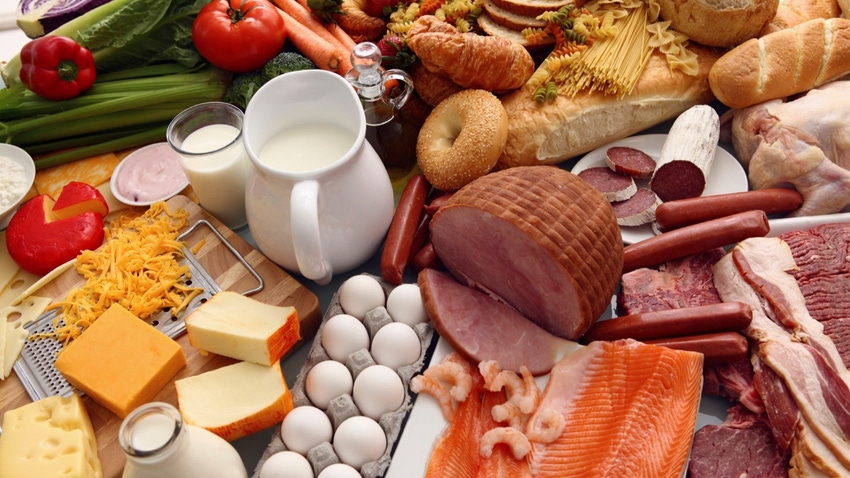
Free webinars about food waste and nutrition in correctional systems will be presented by the University of California Agriculture and Natural Resources.
The UC ANR Sustainable Food Systems Emerging Issues Webinar Serieswill first cover food waste on Feb. 22.
“The Sustainable Food Systems strategic initiative panel aimed to highlight innovative solutions to emerging issues within the food system from field-to-fork,” said Danielle Lee, UC Nutrition Policy Institute director of communications and research engagement.
“Over one-third of all available food in the U.S. is uneaten through food loss or waste – totaling up to over $160 billion – which has negative impacts on food security and the climate,” she said. “Households could save over $370 per person each year by reducing or preventing food waste. Additionally, when uneaten food ends up in the landfill, it generates greenhouse gases, and landfills are now the third largest producers of methane in the U.S.”
“California's adoption of SB 1383 aims to solve these problems,” Lee said. “You'll meet experts who are implementing consumer education and organic waste recycling programs aligned with SB 1383.”
The second 90-minute webinar, on Feb. 29, will focus on nutritious foods for residents of correctional facilities.
“We chose incarcerated people as our case study population for two reasons – the California Department of Corrections and Rehabilitation is the single largest public purchaser of food in the state and studies have shown that 63% of incarcerated individuals rarely or never have fresh vegetables and 55% rarely or never have fresh fruit.”
California has two policies that can support institutional procurement of fresh produce – AB 822 and AB 778.
“The Harvest of the Month program is an innovative solution to implementing these policies while supporting improved nutrition security for incarcerated individuals,” Lee said. “Prison gardening programs can not only provide therapeutic benefits to residents, but also reduce recidivism rates and serve as workforce development opportunities to better prepare residents for returning to their communities post-incarceration.”
For details on the two webinars, click here.
Source: University of California Division of Agriculture and Natural Resources
About the Author(s)
You May Also Like




